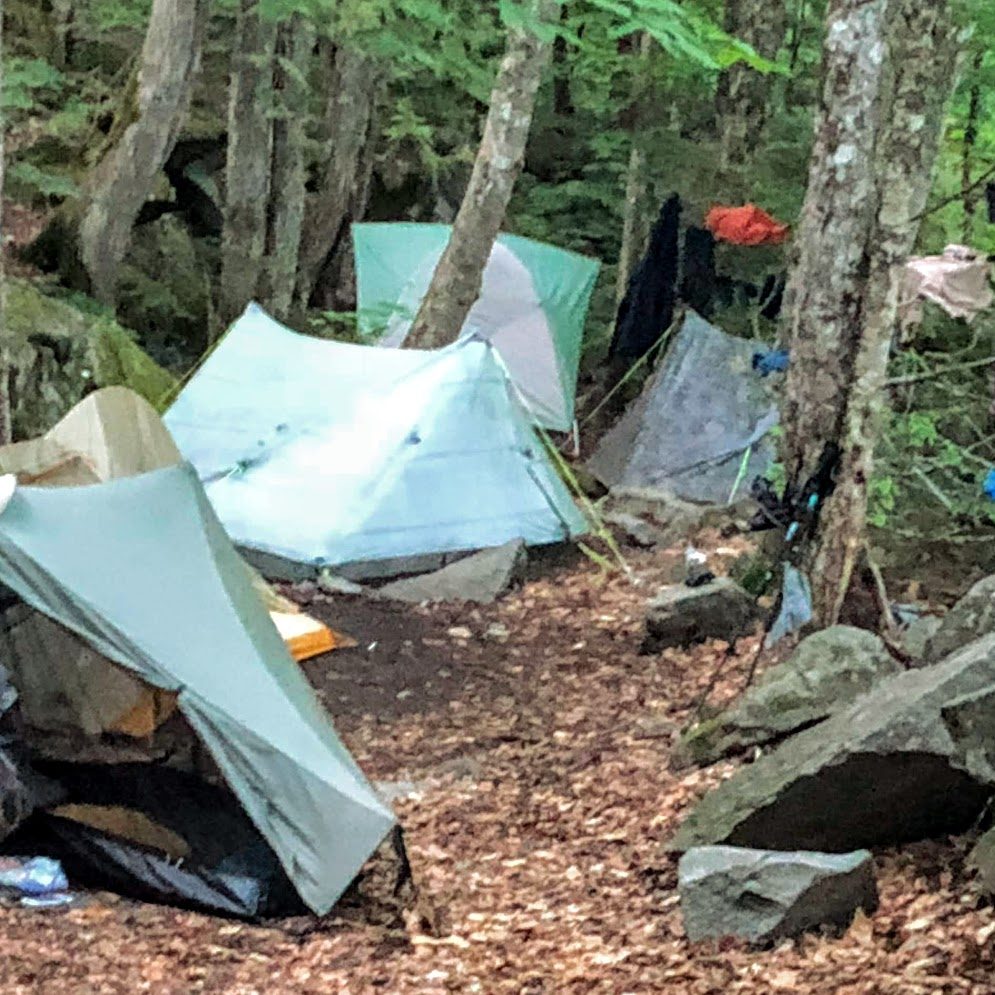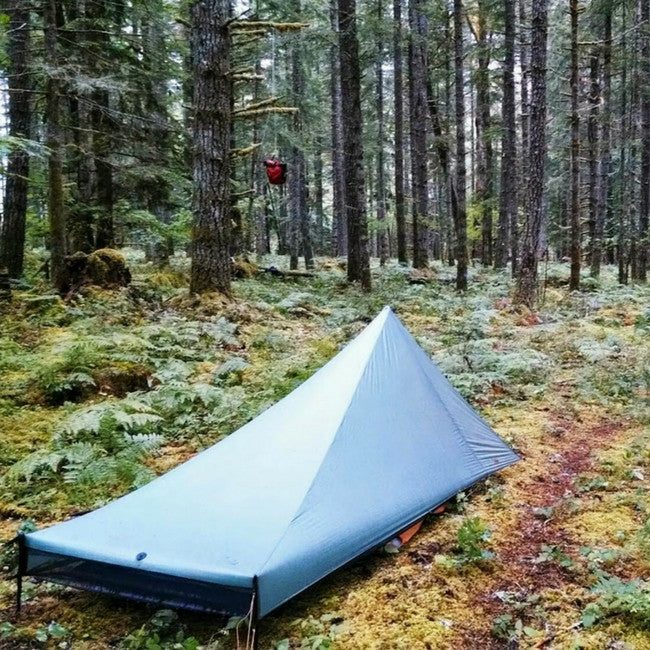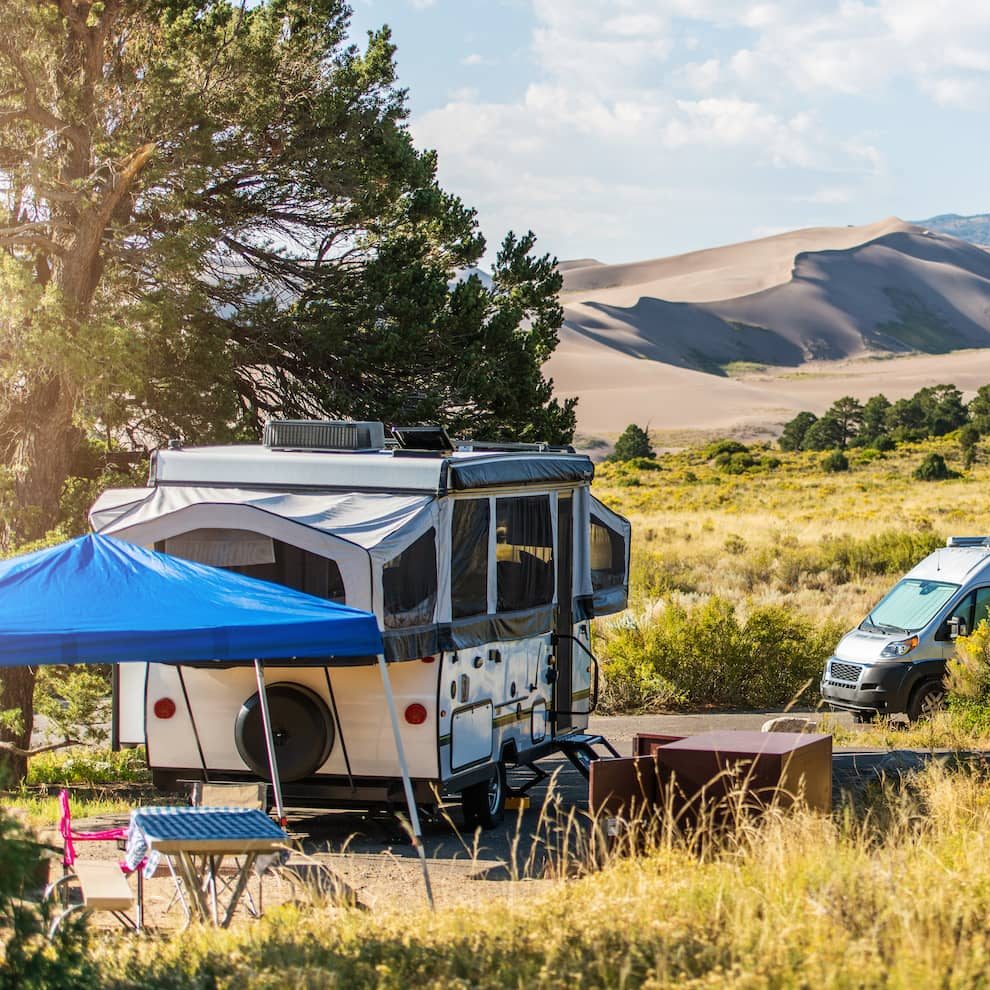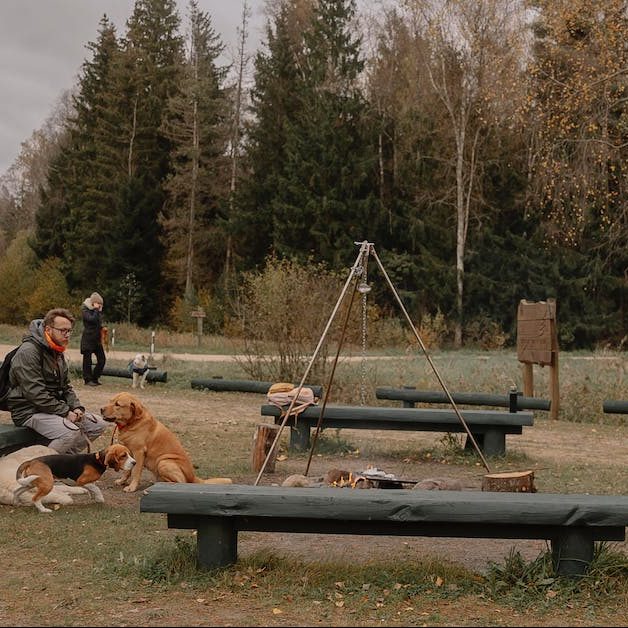Introduction: The Concept of Stealth Camping
Stealth camping is a unique approach to camping that emphasizes discretion and low visibility. Unlike traditional camping, which often takes place in designated campgrounds, stealth camping involves finding secluded spots to set up a temporary campsite. This practice attracts outdoor enthusiasts who seek adventure while minimizing their environmental footprint. Stealth camping can be done in urban areas, forests, or any place where camping is not explicitly allowed. Understanding the nuances of stealth camping will help both beginners and experienced campers navigate this rewarding yet discreet activity.
Reasons for Choosing Stealth Camping
Escape from Crowds
One of the primary reasons people choose stealth camping is to escape the crowds. Many campgrounds can be overcrowded, especially during peak seasons. Stealth campers seek solitude and a more intimate connection with nature. They enjoy the quietness that comes from camping off the beaten path.
Finding a secluded spot allows for a personalized experience. Stealth camping also provides opportunities to explore lesser-known areas. This unique approach can enhance one’s appreciation for nature and the outdoors.

Flexibility and Freedom
Stealth camping offers greater flexibility compared to traditional camping. Campers are not limited to specific sites or reservation systems. With stealth camping, the world becomes a vast playground. Campers can choose their own locations based on what they find appealing at the moment.
This freedom allows for spontaneous adventures. Whether setting up by a serene lake or in the heart of a forest, stealth camping provides options. This adaptability leads to memorable experiences and unique encounters with nature.
Essential Gear for Stealth Camping
Discreet Equipment Options
When stealth camping, having the right gear is essential. Choosing equipment that blends into the natural environment helps maintain a low profile. Lightweight tents, bivvy bags, or tarps can easily be set up and taken down.
Opting for darker colors can also facilitate discretion. Additionally, using silent or lightweight equipment minimizes noise during setup and breakdown. Being mindful of gear choices enhances stealth performance, making it easier to remain unnoticed.
Cooking and Safety Gear
Cooking while stealth camping requires careful planning. A portable stove or a compact cooking system is ideal. Many stealth campers opt for cold meals to eliminate cooking odors and reduce visibility.
Safety gear is equally critical. A first aid kit, multi-tool, and a reliable flashlight are essential items. Keeping safety in mind not only protects campers but also aids in stealth. Having everything organized ensures a smooth camping experience.

Finding Stealth Camping Locations
Urban Stealth Camping
Urban areas offer unique opportunities for stealth camping. In cities, discreet spots can often be found in parks, alleys, or vacant lots. Many urban stealth campers utilize parks during the off-peak hours, ensuring they are not in plain sight.
However, it’s crucial to be aware of local laws and regulations regarding camping. Some areas may have restrictions, so it’s best to research beforehand. Being respectful of the community and environment enhances the stealth camping experience.
Natural Environments
Nature offers a plethora of stealth camping opportunities. Remote forests, hills, or coastal regions can be great places to find secluded spots. Look for locations away from trails or busy areas to avoid being noticed.
Using topographic maps or hiking apps helps in scouting potential sites. Natural cover, like dense foliage or boulders, serves to camouflage a campsite effectively. These tactics help maintain discretion while enjoying the beauty of the outdoors.
Best Practices for Stealth Camping
Leave No Trace Principles
Adhering to Leave No Trace principles is fundamental for stealth camping. This ethical guideline encourages campers to minimize their environmental impact. Collecting all trash, avoiding campfires, and leaving no visible signs of camping are critical aspects.
Being responsible protects nature and fosters goodwill within the community. By demonstrating care for the environment, stealth campers can help maintain access to stealth camping locations. This thoughtful approach ensures that these beautiful areas remain available.
Timing Your Stay
Timing is vital in stealth camping. Arriving at a campsite late and leaving early helps avoid unwanted attention. Setting up in twilight and breaking camp at dawn ensures that campers remain out of sight.
Planning activities during the day allows for exploration of the area while remaining inconspicuous. This timing strategy balances adventure and discretion, making the stealth camping experience more enjoyable.
Legal and Ethical Considerations
Understanding Local Laws
Before venturing into stealth camping, it’s crucial to research local laws. In some regions, camping outside designated areas may be illegal. Understanding these regulations helps campers make informed decisions.
Many places have specific rules regarding where camping is allowed. Adhering to these laws not only promotes safety but also prevents negative interactions with authorities. Responsible campers respect the places they visit and the rules in place.

Building Community Respect
Another important aspect of stealth camping is respect for the community. Campers should be aware of their surroundings and avoid disrupting local wildlife or residents. Building positive relationships between campers and communities is essential.
Engaging with locals and understanding their concerns fosters a culture of respect. Responsible camping promotes goodwill, ensuring that stealth camping opportunities remain available for everyone. A positive relationship benefits both campers and the environment.
Skills for Successful Stealth Camping
Navigational skills are vital for successful stealth camping. Knowing how to read maps and use a compass is essential, especially in less populated areas. Even with modern technology like GPS, it’s wise to carry physical maps as a backup.
Learning basic orienteering techniques helps campers find their way without attracting attention. Practicing these skills before heading out into the wilderness can increase confidence. Being adept at navigation enhances the overall stealth camping experience and can prevent potentially dangerous situations.
Observation and Awareness
Another important skill in stealth camping is observation and awareness. Before selecting a camping spot, take time to assess the surroundings. Observe animal movements, terrain features, and any signs of human activity.
This awareness can help identify the best locations to set up camp discreetly. Additionally, being aware of potential hazards can prevent accidents. Awareness of sound and sight can also help you remain undetected, allowing for a more enjoyable experience in nature.
Gear Considerations for Stealth Camping
Camouflaged Gear
Choosing camouflaged or natural-colored gear can enhance stealth camping efforts. Equipment designed to blend into the environment minimizes visibility. Whether it’s a backpack, tent, or clothing, opting for earth tones helps campers stay hidden.
Selecting gear made from quiet materials also reduces noise during setup. The less sound you make, the less likely you are to attract unwanted attention. For stealth campers, being inconspicuous is crucial for a successful adventure.
Lightweight and Compact Equipment
Lightweight and compact gear is ideal for stealth camping. Not only does it help with easy transport, but it also allows for quick setup and breakdown. Choosing multi-functional items can reduce the overall gear load.
For example, a camping stove that doubles as a pot for cooking can save space. Lightweight sleeping bags or tarp systems make packing simpler, enhancing mobility. The right equipment will enhance comfort while keeping the stealth spirit intact.
Conclusion: Embracing the Stealth Camping Adventure
In conclusion, camping is an adventurous and rewarding way to explore the outdoors. It offers the freedom to connect with nature while evading the crowds. With the right gear, strategies, and respect for the environment and local communities, campers can enjoy a unique experience.
Understanding the principles of stealth camping, along with its legal and ethical considerations, can help ensure a successful trip. By practicing discretion and fostering goodwill, campers can enjoy solitude without adversely affecting their surroundings.
So, if you’re searching for a new way to experience camping, consider giving stealth camping a try. Embrace the challenge and excitement that comes with exploring hidden spots. With preparation and respect for nature, you’ll create unforgettable memories on your stealth camping adventures.
